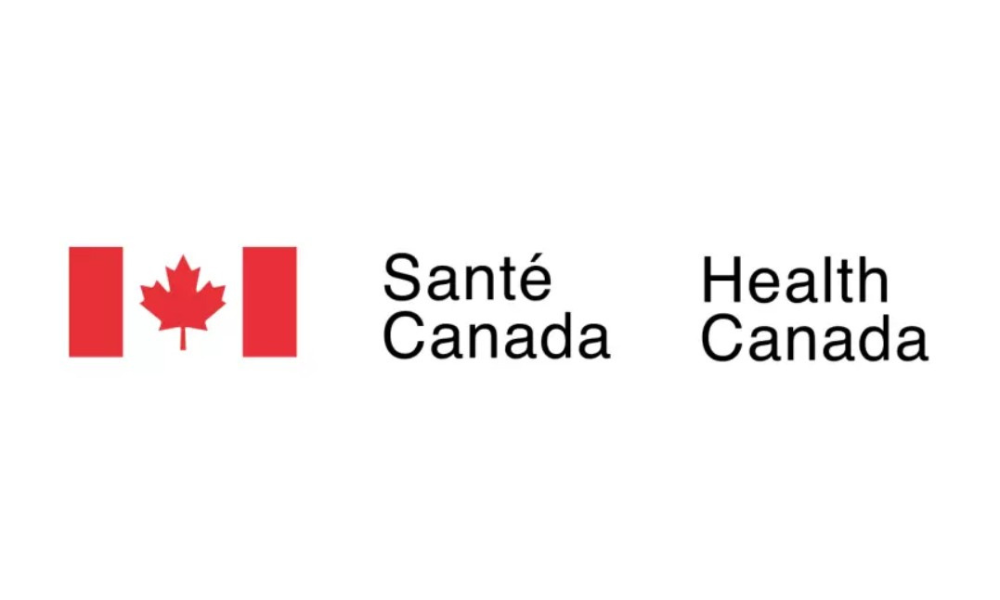Manitoba’s new action plan for workplace injury and illness prevention is expected to be released later this month, says Family Services and Labour Minister Jennifer Howard.
The action plan will incorporate three reports that are part of a wide-ranging review of workplace injury and illness prevention.
“Specifically, the reports show there are instances of employers discouraging injured workers from making compensation claims,” she says. “This is illegal and our government will do more to prevent it from happening including legislative changes to increase penalties for claim suppression and to make it easier to submit legitimate claims.”
The three reports come from the Minister’s advisory council on workplace safety and health; Manitoba’s chief prevention officer for workplace safety and health; and Paul Petrie, a British Columbia-based expert on worker compensation systems who completed a review of the impact of the current workers compensation board (WCB) experience-rating system on claim reporting and claim suppression, and identified strategies to promote injury and disease prevention.
The Petrie report identifies problems with claim reporting, claim suppression and aggressive return-to-work practices. It recommends higher penalties for claim-reporting violations and a greater emphasis on prevention incentives.
“Manitoba’s current experience-rating system emphasizes claims cost control after an injury occurs,” said Petrie. “My recommendations are designed to minimize claims suppression activity where it exists, to provide incentives to prevent injuries wherever possible and, where injuries do occur, to restore the worker to safe, productive employment as soon as practical.”
The minister said she has asked the WCB to review Petrie’s recommendations and create a plan to take action on them this fall.
The action plan will incorporate three reports that are part of a wide-ranging review of workplace injury and illness prevention.
“Specifically, the reports show there are instances of employers discouraging injured workers from making compensation claims,” she says. “This is illegal and our government will do more to prevent it from happening including legislative changes to increase penalties for claim suppression and to make it easier to submit legitimate claims.”
The three reports come from the Minister’s advisory council on workplace safety and health; Manitoba’s chief prevention officer for workplace safety and health; and Paul Petrie, a British Columbia-based expert on worker compensation systems who completed a review of the impact of the current workers compensation board (WCB) experience-rating system on claim reporting and claim suppression, and identified strategies to promote injury and disease prevention.
The Petrie report identifies problems with claim reporting, claim suppression and aggressive return-to-work practices. It recommends higher penalties for claim-reporting violations and a greater emphasis on prevention incentives.
“Manitoba’s current experience-rating system emphasizes claims cost control after an injury occurs,” said Petrie. “My recommendations are designed to minimize claims suppression activity where it exists, to provide incentives to prevent injuries wherever possible and, where injuries do occur, to restore the worker to safe, productive employment as soon as practical.”
The minister said she has asked the WCB to review Petrie’s recommendations and create a plan to take action on them this fall.





